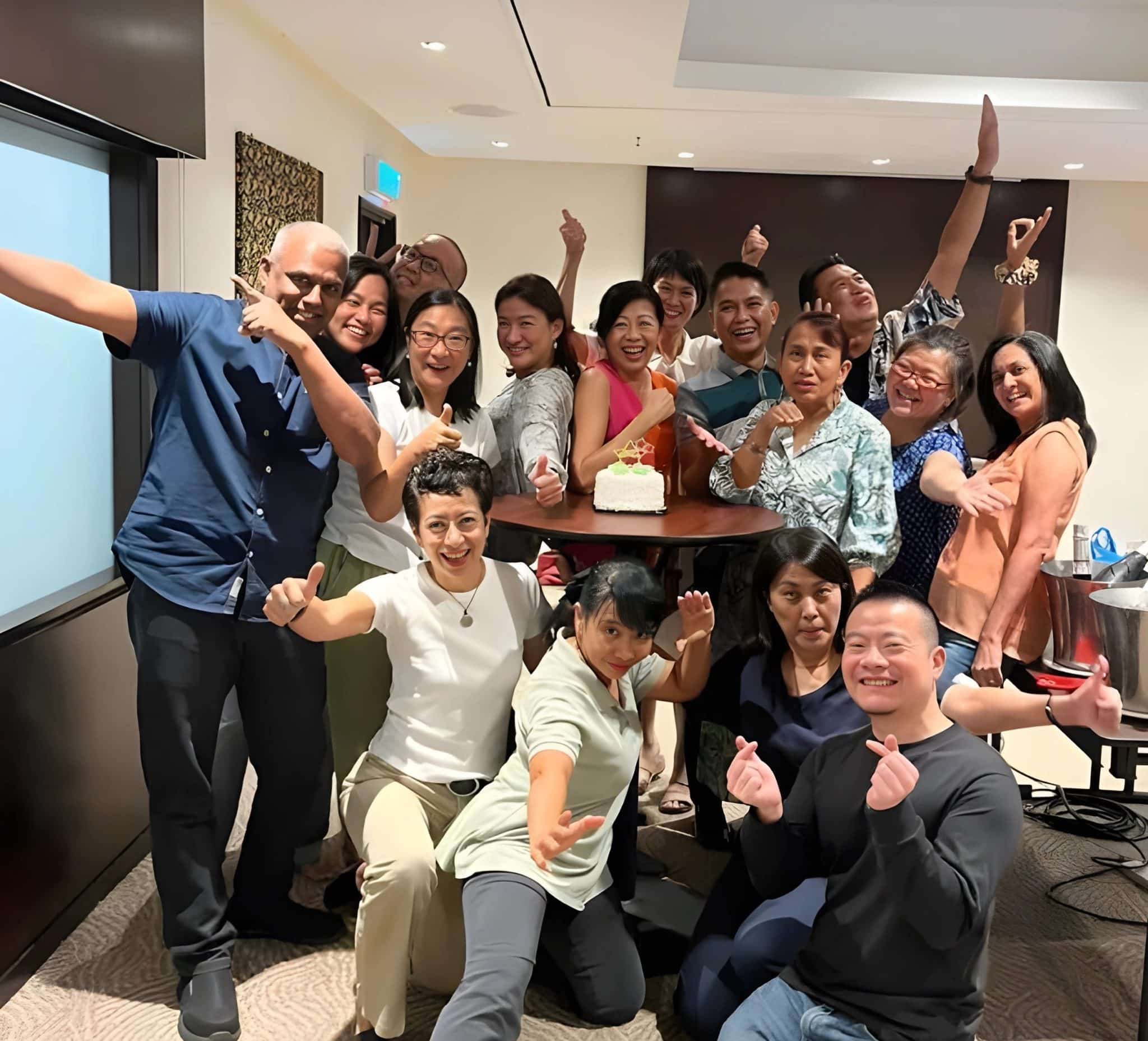
Dr Tan Lai Yong shares his reflections on the various iterations of the word "command" that Paul used in the Bible. “The aim of our charge is love." (1 Tim 1:5) Photo by Papaioannou Kostas on Unsplash.
Years ago, when enlisted, and while being trained to be an infantry officer, we were taught much about the importance of being in “command and control”.
In 1 Timothy, the Apostle Paul starts the letter by declaring that he is under God’s command. Towards the end of the letter, he gives the command (translated as “charge” in the ESV) to the Christians to be generous.
Paul uses two different Greek words when he writes about the concept of “command”.
In introducing himself in 1 Timothy 1:1, Paul uses the word ἐπιταγή (epitagē).
In the New Testament, this word is only used by Paul. None of the other New Testament writers used this word. When Paul uses this word “positively”, as in 1 Timothy 1:1, he describes a situation in which he is given a mandate or an injunction; “from the Lord”.
It is about the highest authority that he knows and is under.
I’m not the commander
He also uses this word “negatively”. For example, in 1 Corinthians 7:6: “Now as a concession, not a command, I say this …” Or in 2 Corinthians 8:8: “I say this not as a command, but to prove by the earnestness of others that your love also is genuine.”
Paul did not “command and control” with loud authority.
Paul clarifies here that he is offering his opinion and not a God-given mandate or injunction.
At the end of 1 Timothy, when Paul “commands” the rich to be generous, he uses the Greek word παραγγέλλω (parangellō). This word comes with the idea that it is a command that Paul is transmitting. Paul is not the commander or the controller. Paul uses the word παραγγέλλω (parangellō) five times in 1 Timothy.
Timothy was younger than Paul. Yet Paul did not “command and control” with loud authority but would present himself as a ἄγγελος (angelos). The word ἄγγελος (angelos) means “a messenger or envoy from God”.
Paul‘s command is through caring, persuading, affirming, encouraging and guiding. He makes this clear in 1 Timothy 1:5: “The aim of our charge is love that issues from a pure heart and a good conscience and a sincere faith.”
Coming alongside
In my army days, I fumbled along and learnt much in trying to be an army officer when posted to my new unit, where the men were already seasoned at their posting.
“No sir. It was not your command.”
Years later, I met one of the corporals in my unit at a social function. He greeted me cheerfully. In our conversation, I told him that I was fortunate to have had him and the others in the platoon as they had been so hardworking and co-operative, doing their duties well when the commands were given.
He smiled and said: “No sir. It was not your command. The men noted when at deployment that you slept in the tent when some other officers drove back to sleep in the air-conditioned offices. We carried out the commands because you were one of us.”
Let our Christian leadership be like Paul, who cared for and guided Timothy – our lives under the command of Jesus and our service to people as a messenger and encourager.
“And Jesus called them to him and said to them, “You know that those who are considered rulers of the Gentiles lord it over them, and their great ones exercise authority over them. But it shall not be so among you. But whoever would be great among you must be your servant, and whoever would be first among you must be slave of all. For even the Son of Man came not to be served but to serve, and to give his life as a ransom for many.” (Mark 10:42-45 )
This article was first published by IMPACT Magazine and has been republished with permission.
FOR MORE STORIES LIKE THIS:
“Family comes first” tenet has not stopped IBM veteran Janet Ang’s rapid rise
“Singaporeans need to learn to live with mess!”: 2017 Singaporean of the Year Dr Goh Wei Leong
We are an independent, non-profit organisation that relies on the generosity of our readers, such as yourself, to continue serving the kingdom. Every dollar donated goes directly back into our editorial coverage.
Would you consider partnering with us in our kingdom work by supporting us financially, either as a one-off donation, or a recurring pledge?
Support Salt&Light



